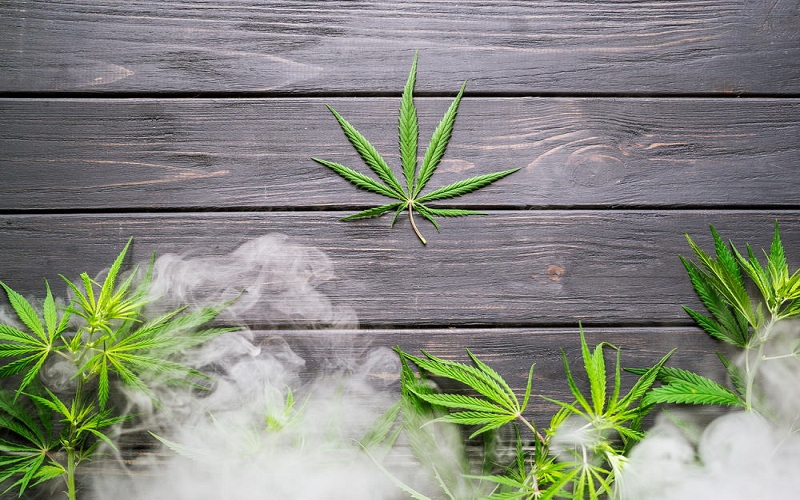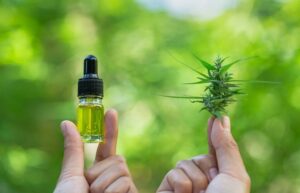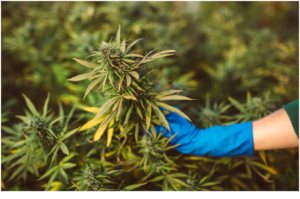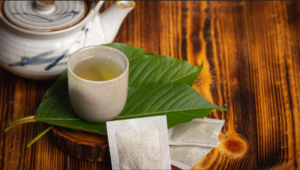Medical Cannabis and Its Potential for Dependence and Addiction

A chief argument in defense of marijuana being a Schedule I controlled substance is its high addictive potential. However, cannabis advocates – particularly those who advocate for medical cannabis – dispute that argument. They say that while dependence is an issue with cannabis, addiction is not.
The question then becomes whether dependence and addiction are the same thing. As recently as 30 years ago, we used to think they were. But as time has gone on and research has improved, we have reached a general consensus within medical science that dependence and addiction are two separate things. They may be intertwined in a genuine addiction scenario, but they are still separate.
Dependence Is a Purely Physical Reaction
Dependence on any substance is a purely physical reaction based on the levels of that substance in the body. In the case of medical cannabis, the substance in question is THC. The brain reacts to THC as the cannabinoid bonds with cannabinoid receptors throughout the body. These bonds lead to chemical reactions that manifests themselves in the psychoactive effects associated with cannabis consumption.
When a person is consistently exposed to THC, it is possible for the brain to get used to a certain level of THC in the system. When that happens, marijuana’s effects are not as profound. In order to maximize them, the person has to consume more THC. This is dependence.
Dependence Is Manageable
Dependence is manageable in a medical cannabis scenario. And in fact, according to the operators of Salt Lake City’s Beehive Farmacy, trained pharmacists routinely recommended that patients take regular breaks from medicating in order to avoid dependence. A general rule of thumb is to take off three consecutive days per month.
Addiction Is a Brain Disorder
Addiction is different because it is both physical and mental. Officially, addiction is defined by the National Institute on Drug Abuse as “a chronic, relapsing disorder characterized by compulsive drug seeking and use despite adverse consequences. It is considered a brain disorder, because it involves functional changes to brain circuits involved in reward, stress, and self-control.”
A person who is addicted to a substance will continue to seek out and use that substance despite knowing that doing so is causing harm. An addicted person might genuinely want to stop but cannot do so without help. Even if the substance in question is destroying his life, his finances, his family, etc., the person is powerless to do anything about it.
Harm Is the Key Indicator
The key indicator in addiction is harm. An addicted person is being harmed by the substance he is abusing. And yet, he continues on. Such is not the case with dependence alone. A medical cannabis user who does not take off the recommended three days per month is not being physically or emotionally harmed. The biggest negative is that his medicine is not working as effectively as it should.
A Case for Rescheduling
The difference between dependence and addiction is the basis for requesting that marijuana be rescheduled. Advocates want it moved from Schedule I to Schedule III, based on scientific evidence suggesting that marijuana does not have a high potential for addiction. Dependence, yes. Addiction, no.
It is appropriate to close this post by reminding readers that a low potential for addiction does not mean that cannabis is harmless. There is a growing body of evidence suggesting that it can be risky to young people whose brains are still developing. In a controlled medical scenario however, cannabis poses very little risk. It is time to embrace that reality once and for all.







